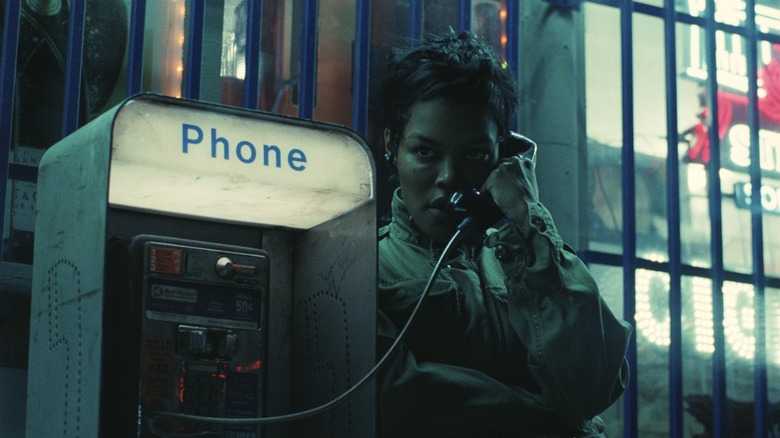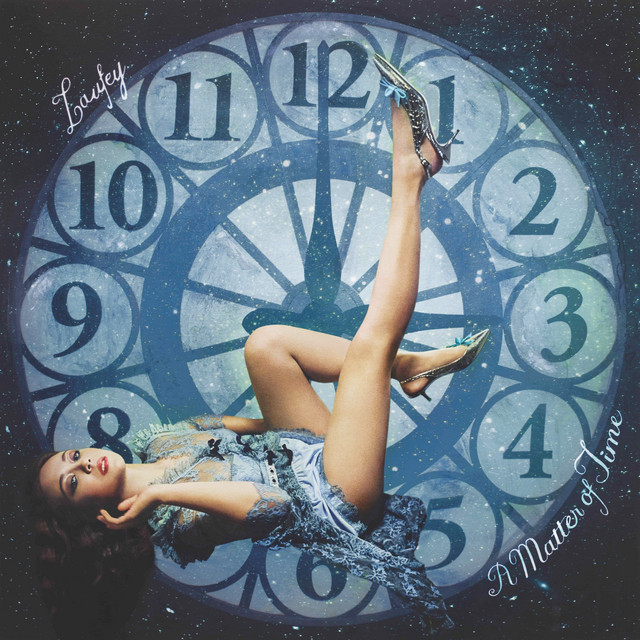
This review contains spoilers for “The Hunger Games: The Ballad of Songbirds & Snakes.”
If you’re a part of Gen Z, you probably harbor nostalgia for the dystopian craze of the 2010s, not least because of how inescapable the genre was. Author Suzanne Collins’ “The Hunger Games” trilogy and its film counterparts were patient zero of the epidemic, with franchises like “Divergent” and “The Maze Runner” following closely behind. Still, no other adaptation came close to the original Jennifer Lawrence star-maker. With tightly woven plots, compelling characters, and sharp social commentary, the original novel trilogy truly felt like lightning in a bottle. So when it was announced that Collins’ 2020 prequel, “The Hunger Games: The Ballad of Songbirds & Snakes,” would be adapted into a film of its own, fans were skeptical that it could measure up. The novel, which acts as a villain origin story for the trilogy’s enigmatic President Snow, was well-received — but prequel films are often unnecessary fan service at best and franchise-damaging at worst. Thankfully, 2023’s “Ballad” rises above the usual prequel pitfalls. It’s a thrilling entry in the “Hunger Games” universe, renewing the excitement of the original films while providing a new perspective on Panem’s fascistic future ruler.
The adaptation’s greatest strengths are its performances. Tom Blyth gives a fittingly complex turn as young Coriolanus Snow, an ambitious student at a prestigious Capitol academy desperate to win the Plinth Prize so he can afford to attend university. At school, he maintains the same pretenses as his wealthier peers, but at home, he lives a meager life with his cousin Tigris (Hunter Schafer) and their grandmother (Fionnula Flanagan). Unfortunately, Coriolanus’s chance at the prize money hinges upon him renewing Capitol audiences’ interest in the vicious Hunger Games, now in its tenth year. To do so, he must mentor a tribute from District 12: the folksy, audacious songstress Lucy Gray Baird (Rachel Zegler). With a syrupy pseudo-Appalachian accent, stellar vocals during her many musical performances, and expressions that convincingly shift from wide-eyed terror to unflappable confidence, Zegler is the perfect spirited foil to Blyth’s calculating character.
Other cast standouts are Viola Davis, playing the deliciously evil Head Gamemaker Dr. Volumnia Gaul, who wears blood-red gloves and forces liars to plunge their hand into a vat of snakes; Peter Dinklage as the academy’s perpetually bitter Dean Casca Highbottom and one of Coriolanus’s earliest enemies; and Jason Schwartzman, who plays the Hunger Games’ first host Lucretius “Lucky” Flickerman with an awkward yet surprisingly endearing charm. Less captivating is Sejanus Plinth, portrayed by Josh Andrés Rivera. Plinth is Snow’s wealthy best friend who speaks against the Capitol’s cruelty toward the districts and gets tangled in the rebel cause. His character’s motivations are understandable, but his performance feels stuck in one mood — righteous frustration — in all of his scenes. There’s not the same degree of complexity or growth that we witness in the film’s other performances.
Besides being pulled in by the characters, audiences are sure to appreciate the film’s world-building. “Ballad” answers fans’ pleas to witness the titular games in their earlier iteration, learn more about Capitol politics, and see more of daily life in District 12. The visuals may be less glittering or epic than those of the original trilogy, but that’s by design. The early Hunger Games are primitive, and the audience understands why the game makers are so desperate to revive interest: for a broadcast full of bloodshed, it borders on boring. Tributes are kept in a zoo until they’re thrown in a small, indoor arena that’s a far cry from the elaborate landscapes Katniss Everdeen must navigate in the original films. Snow has to suggest that the tributes be allowed to showcase their personality in interviews with Flickerman to make Capitol citizens invested in their life-and-death struggle — giving Zegler’s character a chance to win over the public by performing a haunting song.
Once the games begin, the bloodbath in the arena is hampered by the film’s PG-13 rating, which sterilizes injuries that really should have been gorier. Still, the same clever outwitting, maneuvering, and surprising gestures of kindness and rebellion occur, making the tenth Hunger Games as nail-biting as those in the previous films — and perhaps more so, as viewers see Snow’s interventions on the outside. At one point, he rips out some stitches on his back so he can gain a private audience with Dr. Gaul and gather intel that might save Gray. It’s a clever move that demonstrates both his craftiness and his commitment to Gray’s survival in the games — for his own ends and increasingly, for her sake.
Though they spend a decent chunk of the film apart, the leads’ chemistry in the scenes they share is believable, making the unraveling of their relationship in the latter half of the film all the more compelling. Initially, they bond over the loss of their parents and the struggle to provide for their loved ones. Later, they save each other’s lives, bringing them closer together. In District 12, after the games, Gray shows Snow the beauty of life outside the Capitol, found not in power but in community and song. The audience remains torn between wanting them to work out and understanding why they might not trust each other. At the same time, the knowledge of Snow’s inevitable descent into evil makes rooting for him a struggle. His character is not born a sociopath, but as the pressures of the games swell and his allegiance is pulled in different directions, he ends up making decisions that are less and less forgivable. While several critic and audience reviews lament the film’s rushed third act, suggesting Snow’s shift to complete villainy is abrupt, I personally found the series of choices leading to his transformation to be sufficient. More scenes between him and Gray after the games would help even out the film’s pacing, but with a runtime of over two hours, it’s understandable that certain scenes had to be compressed.
“Ballad” delivers the high-stakes tension, thoughtful commentary, and intricate storytelling that made the trilogy series a hit to begin with. As an important character’s arc is left ambiguous, the film lays the groundwork for sequels — perhaps even a prequel trilogy? There are still decades between Snow’s story and Katniss Everdeen’s, during which the fires of rebellion are stoked, the Capitol falls into excessive indulgence, and the games evolve from their humble, low-rating beginnings to a must-watch television event. Hopefully, Collins has a few more novels to write. If not, “Ballad” will at least go down in history as an example of a successful prequel, one on par with its predecessor’s best moments.
Grade: A
Director: Francis Lawrence
Starring: Tom Blyth, Rachel Zegler, Viola Davis
Release Date: November 17, 2023 (Theatrical)
Rating: PG-13
Image courtesy of IGN









